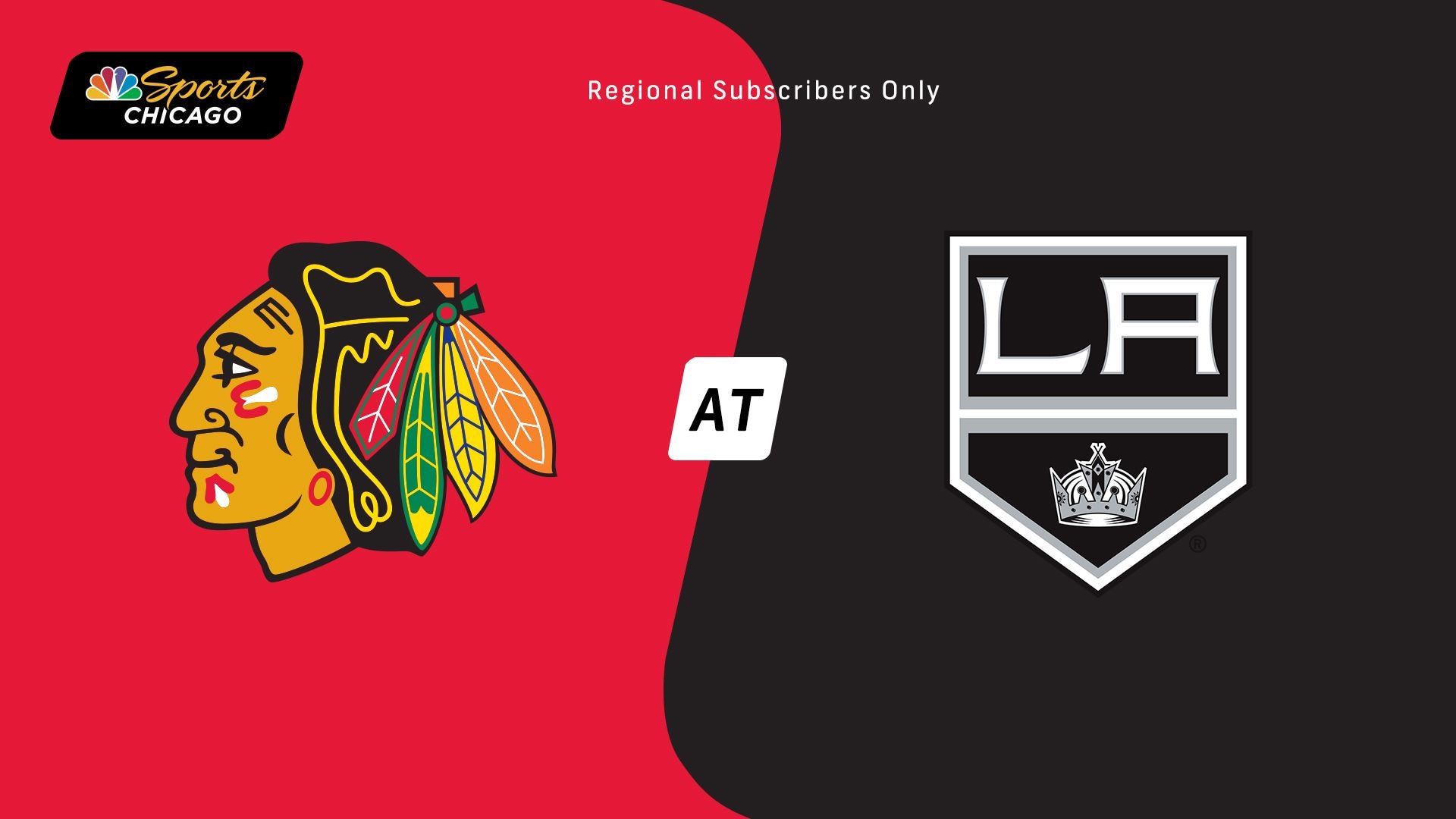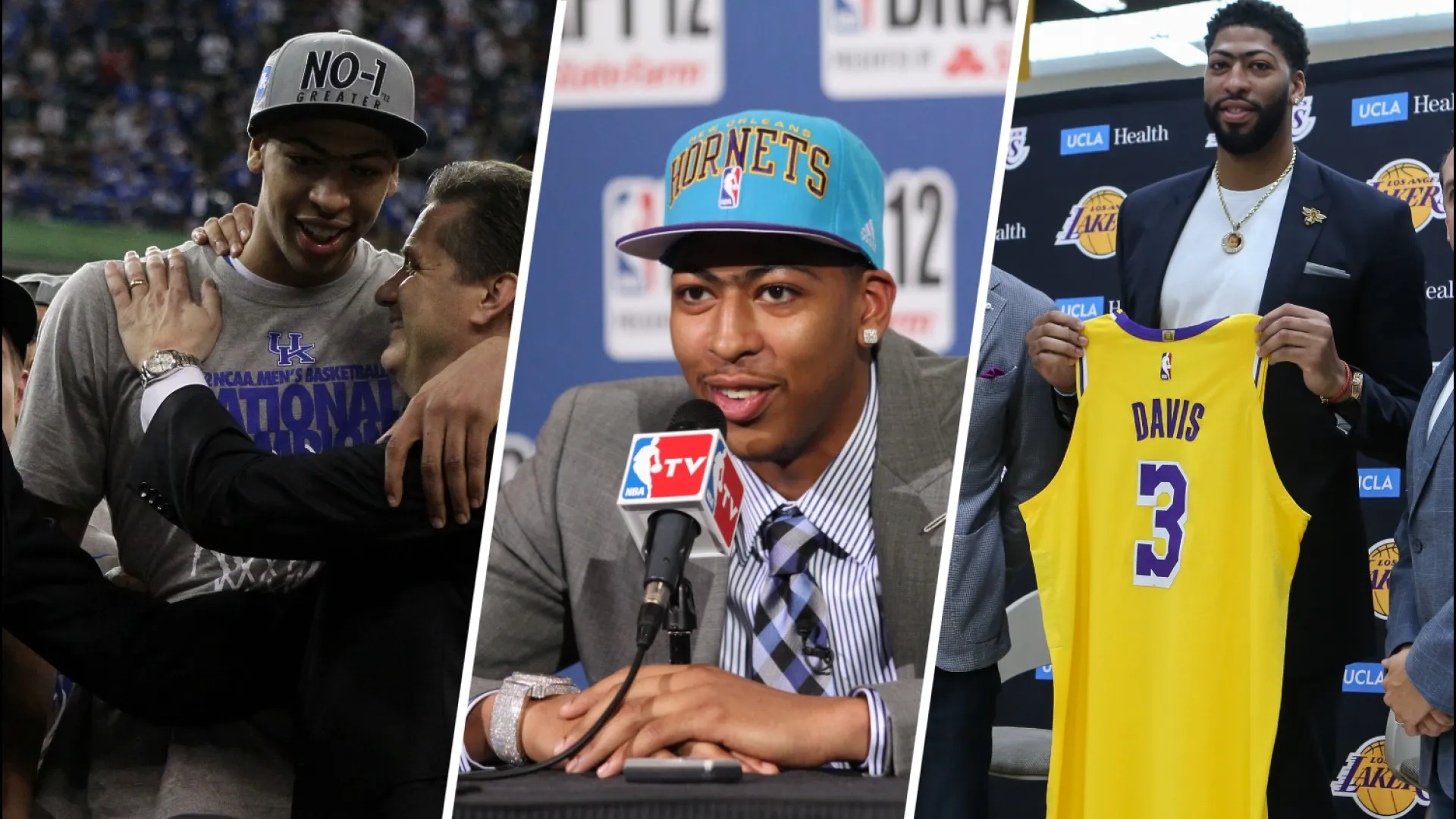As a white kid sports nerd growing up in the late 60s and 70s in the near southwest suburbs, Muhammad Ali, at first, scared me.
I was fortunate enough to be raised in a household with very open-minded parents comfortable enough to eventually follow in my siblings' footsteps to an integrated high school, and I'm glad they did. But little did I know prior to that, except for what I saw on the news, about the times we were in. Riots here about wars overseas. The all-too-slow evolution of this country's segregation and racism. But still, in those times, there was no one, absolutely no one, like Muhammad Ali.
You see, I was used to seeing Ernie Banks and Billy Williams, who probably held some of the same beliefs, deep down, that Ali expressed. But they chose, like many African-American athletes just grateful for the opportunity at the time, not to be IN YOUR FACE. Same for Bob Love and Chet Walker. Norm Van Lier? Maybe not so much (which I learned in the all-too-brief time we'd later work together). But he never mugged, shouted, and expressed himself publicly in such an unfiltered manner as the former Cassius Clay did. I've heard Dick Allen was very much his own man who didn't give a you-know-what, but barely ever expressed that publicly, other than his actions.
And Ali didn't just express himself about how he was going to beat his next opponent (which was a bit shocking for a kid like me, yet entertaining, especially when Howard Cosell would be stuck between him and his upcoming combatant on "Wide World of Sports."). But as my curious "I wanna be a sportscaster" mind read up more about him, I learned more about the risks and sacrifices he took. With the athletes I was familiar with in those times, what Ali did was absolutely nuts. His pushback against being inducted into the Army in 1967 during the Vietnam War took away what likely would've been the three greatest years of The Greatest's career (originally ruled to be five).
That greatness in the ring extended to blacks who continued to feel, figuratively and literally, racism's sting, never backing down, alongside Malcolm X, choosing principle over the payday of his profession. He was their voice, and a lot of their strength.
"Why should they ask me to put on a uniform and go 10,000 miles from home and drop bombs and bullets on brown people in Vietnam, while so-called Negro people in Louisville are treated like dogs, and denied simple human rights? No, I'm not going 10,000 miles from home to help murder and burn another poor nation simply to continue the domination of white slave masters of the darker people the world over. This is the day when such evils must come to an end. I have been warned that to take such a stand would cost me millions of dollars. But I have said it once and I will say it again: The real enemy of my people is here. I will not disgrace my religion, my people or myself by becoming a tool to enslave those who are fighting for their own justice, freedom and equality. If I thought the war was going to bring freedom and equality to 22 million of my people, they wouldn't have to draft me, I'd join tomorrow. I have nothing to lose by standing up for my beliefs. So I'll go to jail, so what? We've been in jail for 400 years."
Wow.
Can you imagine Michael Jordan, or LeBron James, or (closer to those more volatile times) O.J. Simpson or Reggie Jackson or Wilt Chamberlain being so outspoken on social issues? Those that don't speak out get criticized by some, and they can't be forced to. It's their mirror to look into, their families they have to provide for, their life to live. Off the top of my head, Ali was the lead social voice in those times among a trio that included Jim Brown and eventually, Kareem Abdul-Jabbar. They were hard to like by those who closed their minds to the big picture. But that didn't stop them. And they were heroes to so many others.
As I grew older, and began to understand why Ali did what he did, he went from a guy I didn't like so much, to one I admired, for taking a stand on issues many were afraid to publicly confront, and be judged by. There were still times I rooted for George Frazier or George Foreman instead. But in the 70s, heavyweight championship bouts were events I'd await updates on, and was curious about, just as much as the Bears, Bulls, Blackhawks, Cubs and White Sox.
Ali, in his comeback, was the very center of that universe, egotistical as ever. But it was part of the show. I "got it." And it made it more entertaining. If you've never seen "When We Were Kings," it's Exhibit A to the global power Ali had established by 1974.
Perhaps those three years he was out of the ring helped him stay with us a little longer. The ravages of his profession through Parkinson's Disease and dementia took the true Ali away from us so long ago. Think about it: It's been twenty years since he lit the cauldron, shaking, at the Opening Ceremonies of the 1996 Summer Olympics in Atlanta. He's fought to stick around this long.
Imagine if this city had a hero so admired, yet so outspoken, during these increasingly volatile times in Chicago, and the voice he'd provide to inspire an avenue for change.
As we enter this presidential election that sits atop a powder keg that could take this society backwards 30 or 40 years, could Ali's voice from 1967 knock some sense into enough of us like one of his uppercuts, before his profession was taken away from him for his views?
We all have our freedoms to express ourselves, and to believe in what we think is right. Ali finally lost this last fight late Friday at age 74. These are days many of us have anticipated for years as we've observed and heard about his condition deteriorating. Whether you still feel the way I first did when I saw and heard him as a somewhat isolated white kid from the suburbs, or grew to observe and admire his bravery in and out of the ring, both then and in the years since, it's hard to argue one point: No one provided an example so fearless in the public eye, between sports and society, as Ali.
He was The Greatest.


